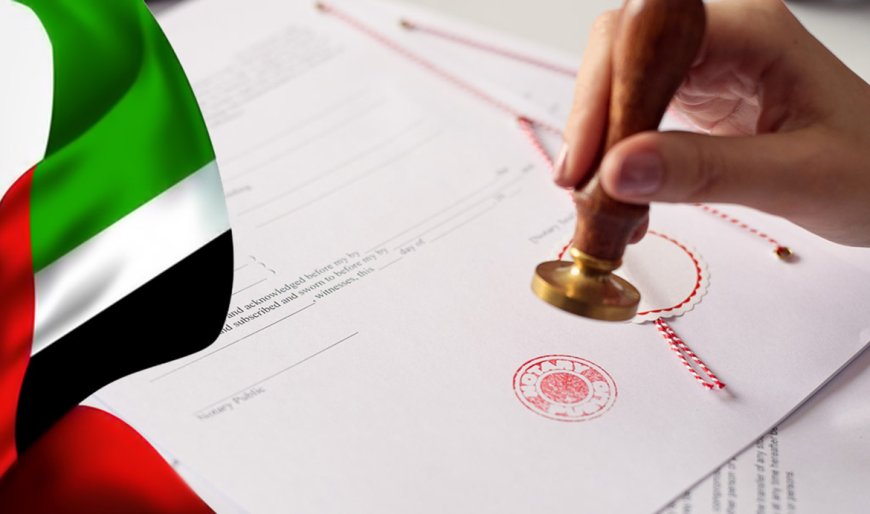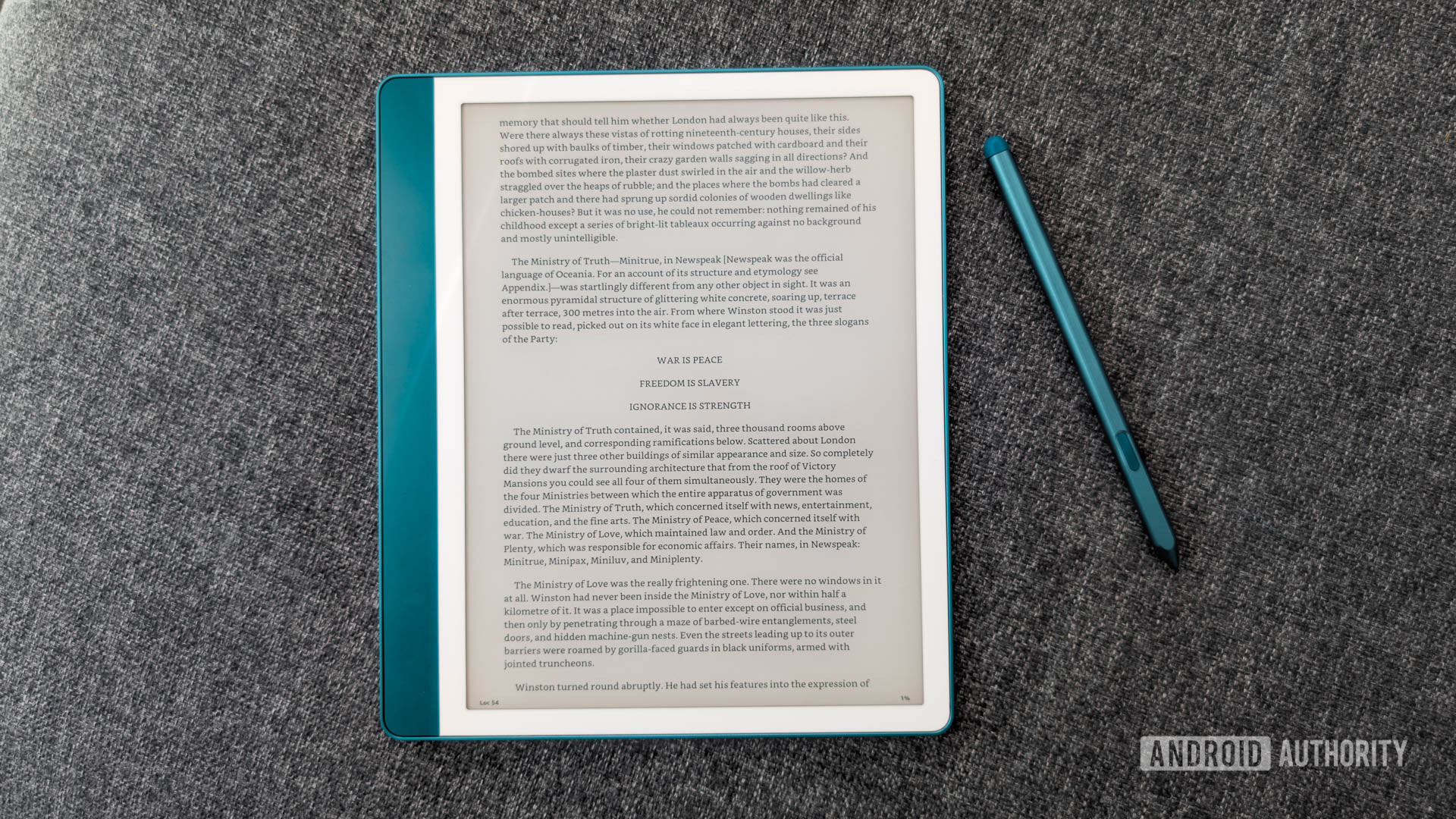Demystifying UAE Embassy Attestation: A Complete Guide
Navigating UAE Embassy Attestation can feel overwhelming. This guide simplifies the process, explaining requirements, timelines, appointments, and everything you need to know for a smooth experience

The United Arab Emirates (UAE) is a global hub for business and commerce. If you're venturing into this dynamic market, you might encounter situations where official documents issued from your home country require verification for legal use in the UAE, known as UAE Embassy Attestation.
This comprehensive guide simplifies the often-complex world of UAE Embassy Attestation. We'll delve into the intricacies of the process, from understanding the requirements to securing an appointment and estimating processing timelines.
What is UAE Embassy Attestation?
UAE Embassy Attestation is a formal procedure that confirms the authenticity of documents issued from a foreign country. It essentially verifies the legitimacy of the issuing authority's seal and signature on the document. This attestation is crucial for various purposes in the UAE, including:
- Employment applications
- University admissions
- Business registration
- Property transactions
- Family visa applications
Documents Typically Requiring Attestation
The specific documents requiring attestation can vary depending on the situation. However, some commonly attested documents include:
- Educational certificates (degrees, diplomas, transcripts)
- Birth certificates
- Marriage certificates
- Medical certificates
- Power of attorney documents
- Commercial invoices (for business purposes)
The Attestation Process: A Step-by-Step Breakdown
The UAE Embassy Attestation process typically involves several steps:
- Document Verification: Ensure your documents are genuine and issued by the relevant authorities in your home country.
- Notarization: Get your documents notarized by a local notary public or a legal attorney in your home country.
- State-Level Attestation (if applicable): Some countries require additional verification from a designated state authority before embassy attestation.
- Ministry of Foreign Affairs (MEA) Attestation (if applicable): In some countries, the Ministry of Foreign Affairs might need to verify the document before it proceeds to the UAE embassy.
- UAE Embassy Attestation: Submit your documents to the UAE embassy or consulate in your home country for final verification and attestation.
Important Considerations:
- Document Originality: Only submit original documents or certified true copies issued by the relevant authorities. Photocopies are not accepted.
- Translations: If your documents are not in Arabic or English, you'll need to have them officially translated by a UAE-approved translator.
- Fees: Attestation incurs fees, which vary depending on the document type and the embassy/consulate you approach.
Obtaining a UAE Embassy Attestation Appointment
Appointment procedures can differ depending on the UAE embassy or consulate in your country. Here are some general guidelines:
- Online Booking: Many embassies have adopted online appointment systems. Check the embassy's website for specific instructions.
- Phone Inquiries: If online booking isn't available, contact the embassy directly to inquire about appointment scheduling.
- Third-Party Service Providers: Consider accredited agencies specializing in document attestation. They can handle the legwork for a fee.
Processing Timelines
The processing time for UAE Embassy Attestation can vary based on several factors:
- Document Complexity: Straightforward documents like birth certificates might be processed faster compared to complex educational transcripts.
- Workload: The embassy/consulate's current workload can impact processing times.
- Communication: Incomplete documentation or missing information can lead to delays.
General estimates suggest a processing timeframe of 1-4 weeks. However, it's always recommended to check directly with the embassy or consulate for the most up-to-date information.
Additional Tips for a Smooth Attestation Process
- Plan Ahead: Start the attestation process well in advance, especially if you have deadlines.
- Gather Information: Familiarize yourself with the specific requirements for your document type and the relevant embassy/consulate.
- Prepare Thoroughly: Ensure your documents are complete, original, and translated if necessary.
- Maintain Clear Communication: Respond promptly to any requests for additional information from the embassy/consulate.
Conclusion
UAE Embassy Attestation might seem like a complex process, but with proper planning and this guide as your roadmap, you can navigate it efficiently. Remember, clear communication, complete documentation, and a proactive approach will ensure a smooth and timely attestation experience
What's Your Reaction?
 Like
0
Like
0
 Dislike
0
Dislike
0
 Love
0
Love
0
 Funny
0
Funny
0
 Angry
0
Angry
0
 Sad
0
Sad
0
 Wow
0
Wow
0

















































